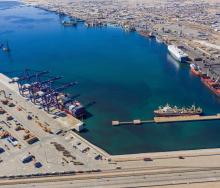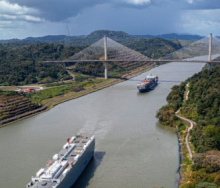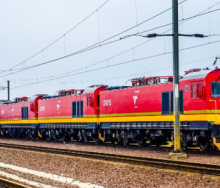South Africa's unique position in Africa heralded the country's role as a gateway into the African continent.
However, trade experts question whether it can live up to this position as investors begin to increasingly look towards other African markets, according to allAfrica.com.
South Africa should be the logical first port of call for investors. But regional trade experts gathered at a mid-March forum on South Africa's Trade Policy, organised by the South African Institute for International Affairs (SAIIA), questioned the gateway concept.
"Yes, South Africa represents the continent in the G20 (bloc of developing nations), but that is not the point," said Peter Draper, senior research fellow with SAIIA. "If a gateway is supposed to be a transmission belt between global and regional markets and production facilities, the question should be whether South Africa can use its physical and material infrastructure to fulfil a connecting function between Africa and the rest of the world."
The answer to this question is not an unequivocal yes. "The need to get minerals down from the central African plateau to the ports, using South Africa's good infrastructure, has boosted it as a transport hub," said Draper. "But South Africa, geographically speaking, is not optimally located, and some of the traditional advantages are rapidly eroding."
Places like South Africa's economic province of Gauteng or its coastal city of Cape Town are no longer necessarily the preferred outposts from which multinationals conquer the continent.
The reason for this is not just because South Africa is relatively far from African markets.
Global player General Electric, for example, recently chose Nairobi as its sub-Saharan hub - following companies like Coca Cola, Nestle and Heineken - and it based its decision partly, say trade academics, on South Africa's unpredictable policy environment.












